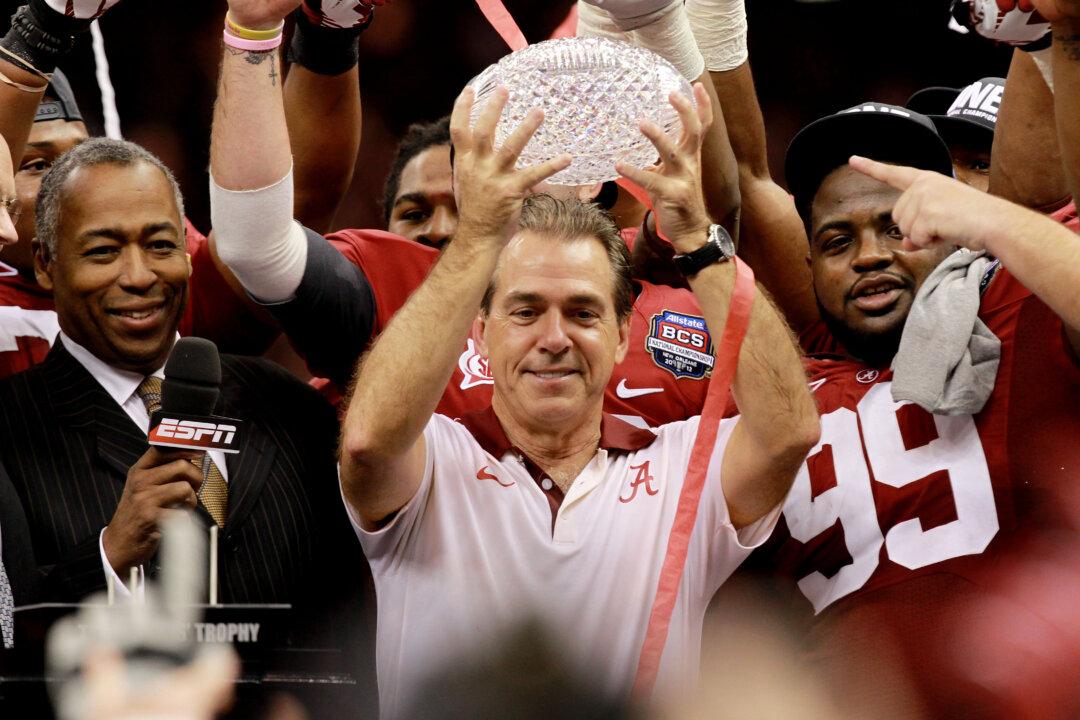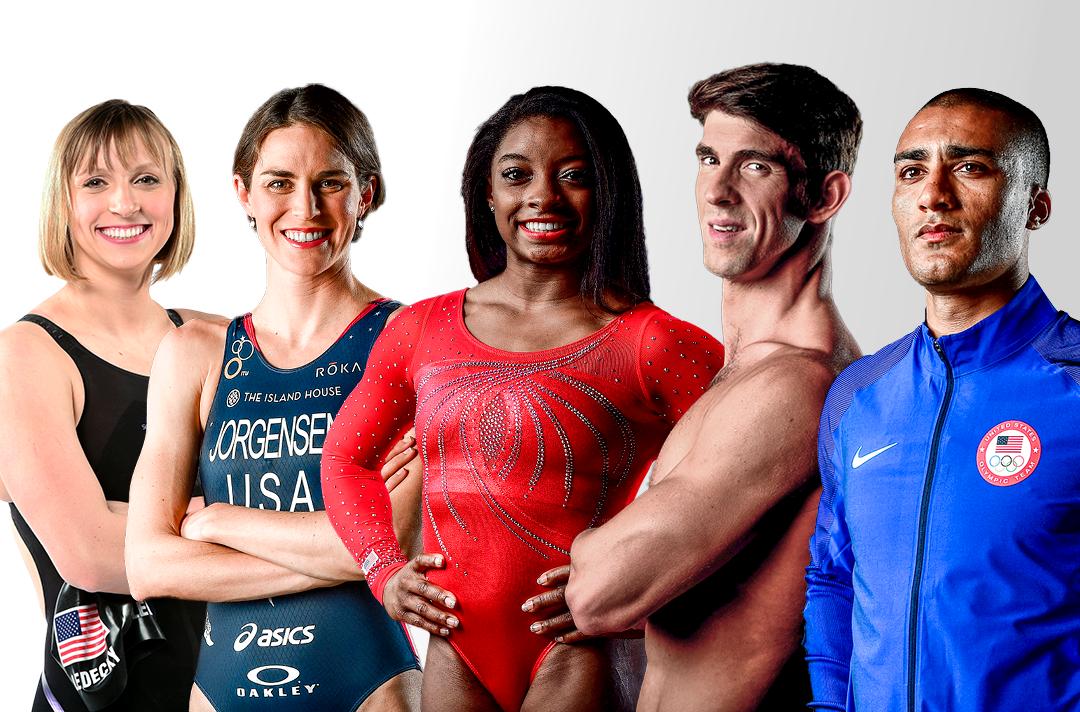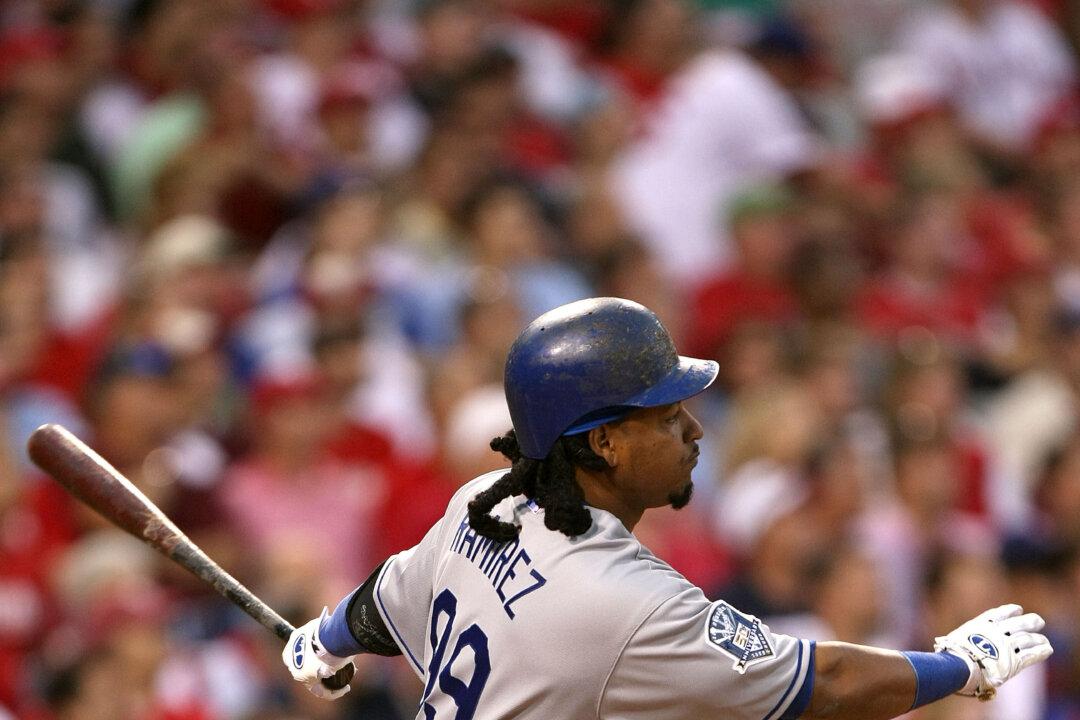Daniel Murphy is pretty incredible—or maybe he’s just cool in the clutch. A career .288 hitter who’s never hit more than 14 home runs in any of his six seasons in the majors, the free-agent-to-be homered in each of the four high-pressure NLCS games, after previously hitting three out of the park in the five-game NLDS against the Dodgers, to help lead the Mets to their first World Series since 2000.
All told his current postseason batting line of .421/.436/1.026 (average/on-base/slugging) with 7 home runs and 11 RBIs in 9 games is almost unheard of on baseball’s biggest stage. Only All-Star players like Barry Bonds and Carlos Beltrán have put up playoff numbers similar to Murphy’s over the last 20 years—though Bonds and Beltrán were already accomplished sluggers. With 62 total home runs in six-plus seasons, Murphy isn’t.
What Murphy is though, is a free man able to sign with anyone come the end of the postseason and the Mets will have to make a decision on what to offer the 30-year-old. Is he the solid, but not spectacular, infielder that averages 10 home runs a season or the postseason hero, who’s about to break out in the regular season?
Technically he’s both and it makes for a tough value to assign to him. Certainly he'll want a raise from the $8 million he’s made this season though.
Previously, there have been players who’ve broken out similar to Murphy in the postseason, but their stars never really took off in the regular season. Players like 2001 NLCS MVP Craig Counsel and 2002 ALCS MVP Adam Kennedy had a couple of good postseason runs but they never continued that torrid hitting in the regular season.





